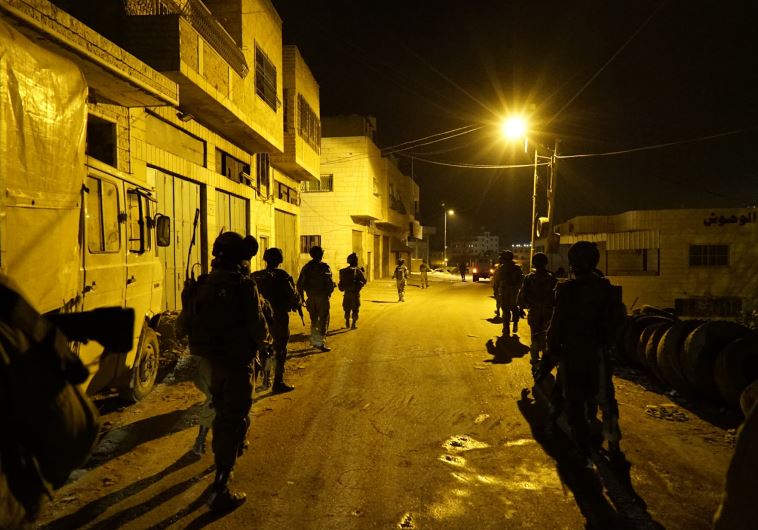Senior IDF source to ‘Post’: Terrorism won’t end soon
Home Front Command’s search and rescue units double as West Bank security force.
 IDF Home Front Command Search and Rescue Brigade in the West Bank in recent days(photo credit: COURTESY IDF SPOKESMAN'S OFFICE)
IDF Home Front Command Search and Rescue Brigade in the West Bank in recent days(photo credit: COURTESY IDF SPOKESMAN'S OFFICE)